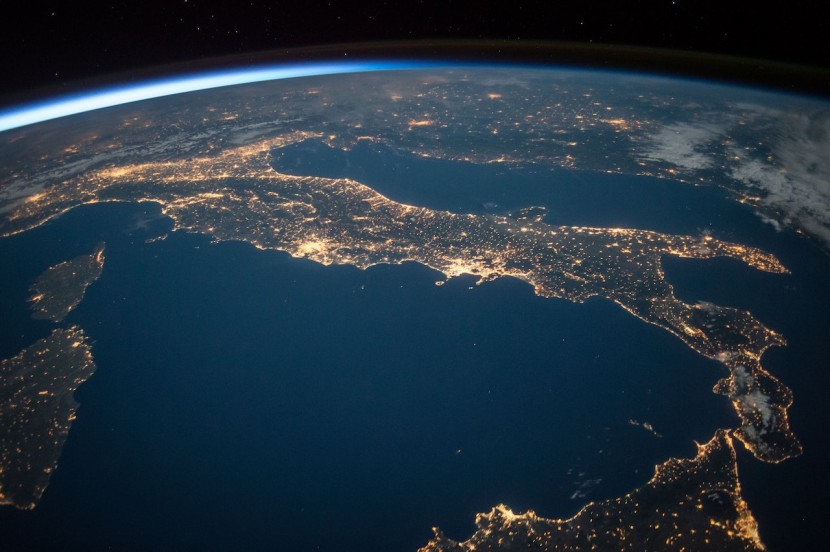
A recent study says that the Earth's core, a 2,400 km-wide ball of solid metal, appears to be slowing and could soon turn in the other direction.
Researchers said that our planet's core, surrounded by an outer core made up of superheated liquid iron and other materials, may no longer be spinning relative to the planet's mass. The liquid barrier separates the solid inner core from the mass that covers our Earth, which allows it to rotate independently.
The Rotation of the Earth's Core
For a long time, scientists believed that the central core spins significantly faster than the outer mantle and crust of the Earth. Experts call this phenomenon super-rotation and are believed to be responsible for the generation of our planet's protective magnetic field and are thought even to affect the temperature of oceans and the length of each day cycle.
But new research published in the journal Nature Geoscience says that the speed of the core's rotation may have significantly slowed down in the last few decades. The latest study consists of a team of scientists who analyzed data from seismic waves created by powerful earthquakes passing through the Earth's crust and interacting with the inner and outer core, as per IGN.
Scientists involved in the study analyzed earthquakes between 1995 and 2021 at various locations worldwide. Some geologists have also argued that the spin of the planet's central core affects the time it takes for seismic waves to travel through the Earth.
This means that if they tracked variations in the speed of waves that occur close to each other, they could determine, in range, the rotational speed of our planet's core. Previous studies also utilized this technique to estimate that the massive metal ball used to spin roughly one-tenth of a degree faster than the mantle that surrounds it each year.
But the latest research's findings suggest that the Earth's core has stopped spinning relative to the rest of the planet. Seismic data showed that the change may have taken place as early as 2009. Now, the core is poised to shift into a period of "sub-rotation," which means it will spin slower than the rest of the planet.
Two Major Forces
The study's authors, Xiaodong Song and Yi Yang of China's Peking University, said that they discovered that the inner core's rotation came to almost a complete stop that year and turned in an opposite direction, according to CBS News.
They added that one cycle of the inner core rotation relative to the Earth's surface lasts about seven decades. This means that roughly every 35 years, it changes direction. The scientists argued that the last time the rotation reversed order was in the early 1970s. They estimate that the next instance will occur sometime in the mid-2040s.
In an email, the study's authors noted that two significant forces are acting on the inner core. These are electromagnetic and gravitational forces and must be kept in balance, or else the inner core will accelerate or decelerate, said Vice.
Related Article: NASA Detects Historically Coldest Ices
© 2026 HNGN, All rights reserved. Do not reproduce without permission.








